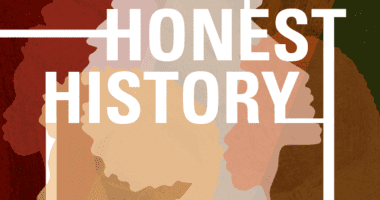What Research? And What Exactly Does It Show?
One of the most annoying phrases in education is “research shows.”
That bland phrase is used to cover a multitude of sins, which is why many teachers groan when they hear it. They know it often prefaces some new directive to stop doing what they have found to be successful and start doing something that will be dropped a few years hence to be replaced by something else “research shows” they should do.
Good research does exist, and it sometimes points in directions that teachers would not necessarily find on their own or that might be counterintuitive. But before requiring teachers to change their practice, principals, superintendents, and school boards should cite specific research that’s behind whatever new initiative they are pushing; what effect it can be expected to have; how that effect will be measured and monitored; and how results will be used to change whether and how the initiative is implemented.
That is part of what cognitive scientist Dan Willingham calls a “Draft Bill of Research Rights for Educators.”
I would say that the bill of rights should extend to parents as well. When they hear that their child’s school or district is adopting a new reading program or a new math program, it is perfectly reasonable for parents to ask what research supports it, how the effect will be monitored, and how their child will be supported if not successful in it.
We all need to get a lot smarter about what research says and how it should be used, and Willingham’s draft bill of rights provides a good starting point. If you are interested in learning more, you might want to read his book, When Can You Trust the Experts?











